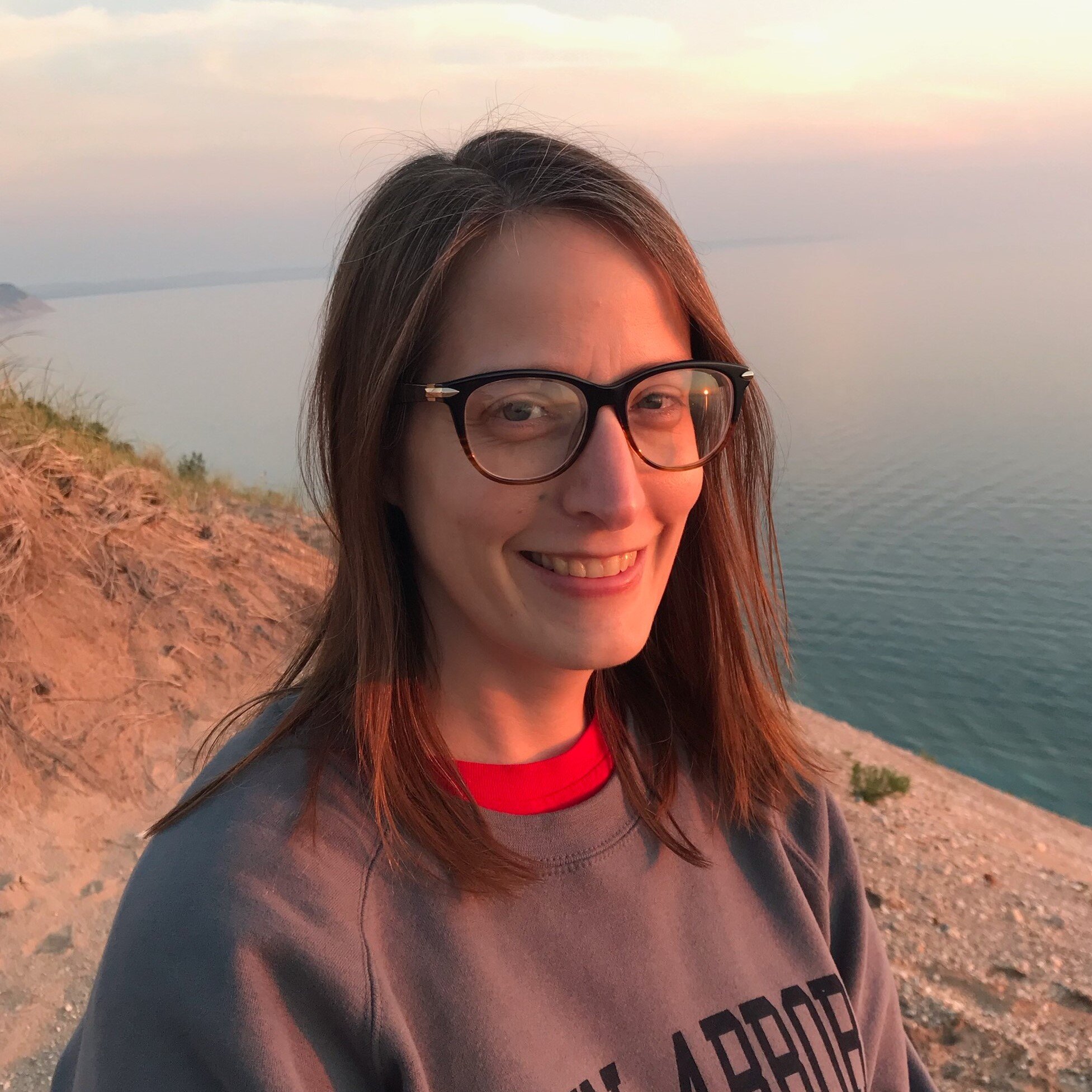If you loved yourself you would’ve left this one-trick, podunk town. If you loved yourself, you’d have asked for a raise at the meatpacking plant years ago, you wouldn’t have paid your husband Harry’s credit card bills until yours maxed out, and he wouldn’t be rutting with your best friend, Mona.
Loving yourself, Be the Hero You’ve Been Waiting For says, is the path to self-actualization. Loving yourself means saying sorry less and no more. Love yourself because your parents couldn’t love themselves, because if they had, you’d know how, but instead, the world shuts freezer-tight against forty-year-olds who don’t love themselves. Love yourself the way your dog, Mitchum, loves his woobie.
If you love yourself, take your father’s Colt Police Special and search motel parking lots for Harry’s blue El Camino, the back of which y’all used to pad with blankets to watch meteor showers, the car he would wax every Saturday and say at night, “Rub my shoulders, Eva.” If you love yourself, find the El Camino under a lonely light in a quiet lot, slip hollow points headfirst into each chamber, smooth as his promises in your ear.
When you love yourself, put on makeup in the rearview, tease your new haircut, slide on the purple sandals. When you love yourself, snap down the walk to the only window with a light on and bang the door with your fist. When you love yourself, say, “Harry? Mona? We need to talk.” When you love yourself, feel the in-suck of the motel room door, smell the musty stench of them, hear the placating words from his cherubic face, Honey, it’s not and Sweetheart, don’t and tell him he’s the lowest snake that ever slithered.
Loving yourself means cocking the hammer and backing them onto the bed, slamming the door to revel in their sheet-white faces, how neither can beg for their lives without clearing their throats. Loving yourself means telling Mona she hates herself and that’s why her boyfriends are always married men. Loving yourself means remembering how cheap Harry is when it comes to his own money, lighting a Pall Mall and cuddling heat delicious in your lungs until he cusses about how they’ll charge him for smoking in the non-smoking room. Loving yourself, aim the pistol and say, “Harry, you’ve got to visualize the life you want. You’ve got to let go of self-defeating behaviors.”
Loving yourself is saying, “Stay in the room, or eat sweet lead.” Loving yourself is opening the curtains so they can watch you crank his El Camino with your key, aiming it downhill toward the trees at the end of the motel property. Loving yourself is popping it in neutral and watching it crash into the ditch filled with riprap and shopping carts. Loving yourself is leaning against your beater as they squirm in the motel room lamplight until they can’t take it anymore and turn it off.












